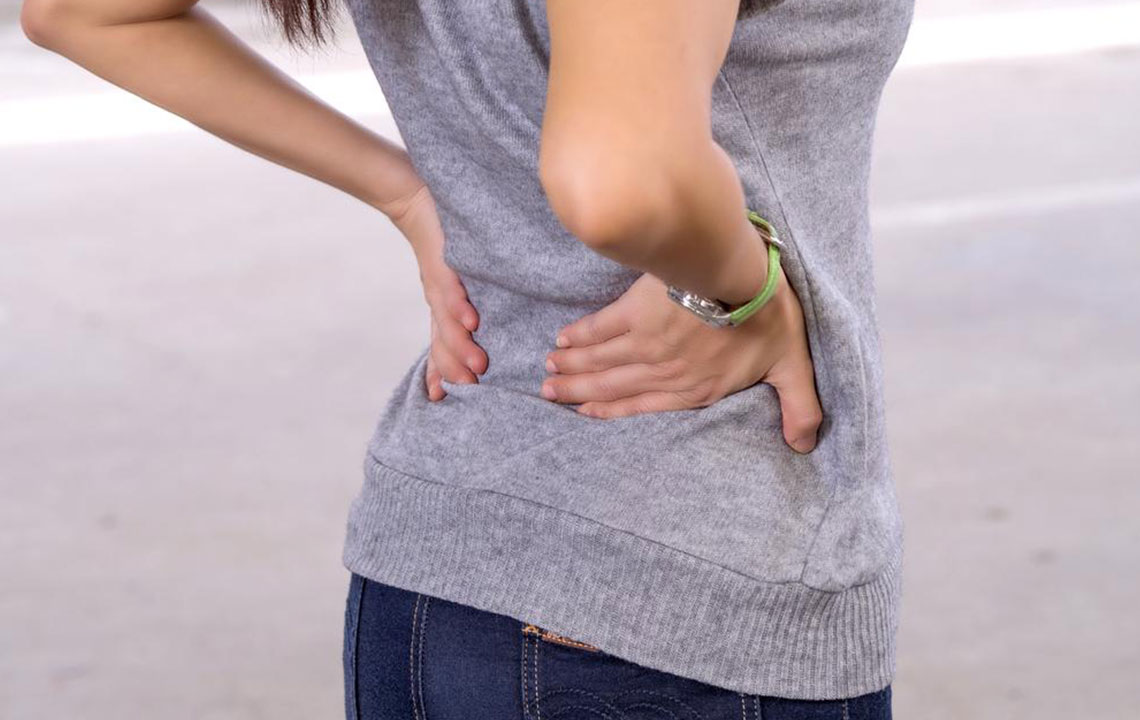How to Effectively Treat Spasm
Spasms are discomfort in the muscle that gives rise to sudden pain. The pain can last for minutes, hours or days after the muscles relax and the spasm subsides. Spasms are a result of an injury to the muscles, tendons or ligaments.
Causes
Heavyweight lifting or indulging in sports like football and golf can cause spasms. Thus sportsmen need special treatment so that they can carry on with their intense training and workout.

People with weak abdominal muscles are more prone to spasms. This is because their muscles are already weak and cannot sustain the slightest shock. People with stronger muscles have the capacity to endure injuries.
A ruptured disc in the spine or arthritis is another cause of spasm. Arthritis puts pressure on the spine causing pain in the limbs. A ruptured disc puts pressure on the nerves making them vulnerable to aches.
Types Of Spasms
Spasms have specific types each leading to definite spasm treatment. Each kind of spasm has a special treatment that needs to be followed.
The most common spasms are of skeletal muscles. The pain occurs all of a sudden. It is caused by fatigue, dehydration and electrolyte abnormalities. These are usually short-term and the spasm treatment is temporary.
Muscle spasms are more painful than skeletal spasms. If the pain persists or keeps recurring then it’s better to consult a doctor.
Smooth muscles are muscles that cushion the hollow organs like the intestine. These muscles can cause spasms emanating excruciating pain. Menstrual cramps, the passage of kidney stones and gallbladder are smooth muscle spasms. These spasms keep recurring and need proper spasm treatment.
Dystonias are special kind of spasms. In this, abnormalities exist in the chemicals that send signals to the brain. Torticollis and blepharospasm are examples of dystonias. Medications and Botox injections are effective spasm treatment for dystonia.
Spasm Treatment
- Prevent electrolyte imbalances
One major spasm treatment is to include potassium and magnesium in your diet. This will prevent electrolyte imbalances which is a major cause. If you are a heavy workout, do not forget to refuel your electrolyte level. Women must include fresh foods in the diet to avoid menstrual spasms. Potassium and magnesium help in normal muscle contraction, thus preventing spasms.
Hypokalemia occurs when potassium level drop in the blood. It is characterized by leg cramps, high blood pressure, and low energy. Thus, refueling potassium levels is an effective spasm treatment. Vitamin B also helps prevent spasms. Enrich yourself with meat, fish, and eggs. The rise in vitamin B will prove to be an effective spasm treatment. - Stretching and massaging the muscles
Staying active and healthy is the key to spasm treatment. People who are proactive have exhibited less frequency of spasms. They have more muscle mass that helps prevent inflammation. Always remember to do warm up and cool down exercises to avoid muscle pulls, strains, and fatigue. Try jogging to warm up before exercise. After exercise, follow it up with some stretches. This will pace up blood flow and heart rate steadily. Once you are in motion, try dynamic movement exercises. This will transfer blood to essential tendons and ligaments.
Stretching exercises play a vital role in spasm treatment. Spend 10 -15 minutes stretching muscles by holding them for 20-30 seconds each. Vulnerable areas like quadriceps, hamstrings, and ankles should be in focus. Apart from these, try brisk walking as an effective tool for spasm treatment. - Keep yourself hydrated
Dehydration is one of the prime causes of spasms. To prevent dehydration, one should drink plenty of water in proportion to your body weight. Compensate every lost amount of fluid with equal quantity. This way you can imbibe spasm treatment caused due to exhaustion. - Ice and heat packs
Heat relaxes muscles and is another effective spasm treatment. Try taking a hot shower or sauna bath for overall muscle relaxation. You can also try heating pads to ease the spasm. Applying heat on the spasm affected area will prevent it from recurring.
Similarly, use an ice pack to prevent swelling or inflammations. Wrap the ice in a towel or ice bag and apply on the spasm affected area. Directly using the ice leads to frostbite. Applying ice for 48 to 72 hours will prevent the use of medication. Apply the ice pack for 20 minutes, and then give a break for 1.5 hours. Repeat the procedure several times a day to relieve the spasm. - Maintain A Good Posture
Posture is very important in spasm treatment. Avoid slouching, bending or stooping to treat spasms. A bad posture during walking, sitting or exercising increases risk of spasms. Kyphosis is a condition caused by rounding or forward curvature of the spine. This is a primary reason for back and shoulder spasms. Maintaining a good posture is essential for spasm treatment.